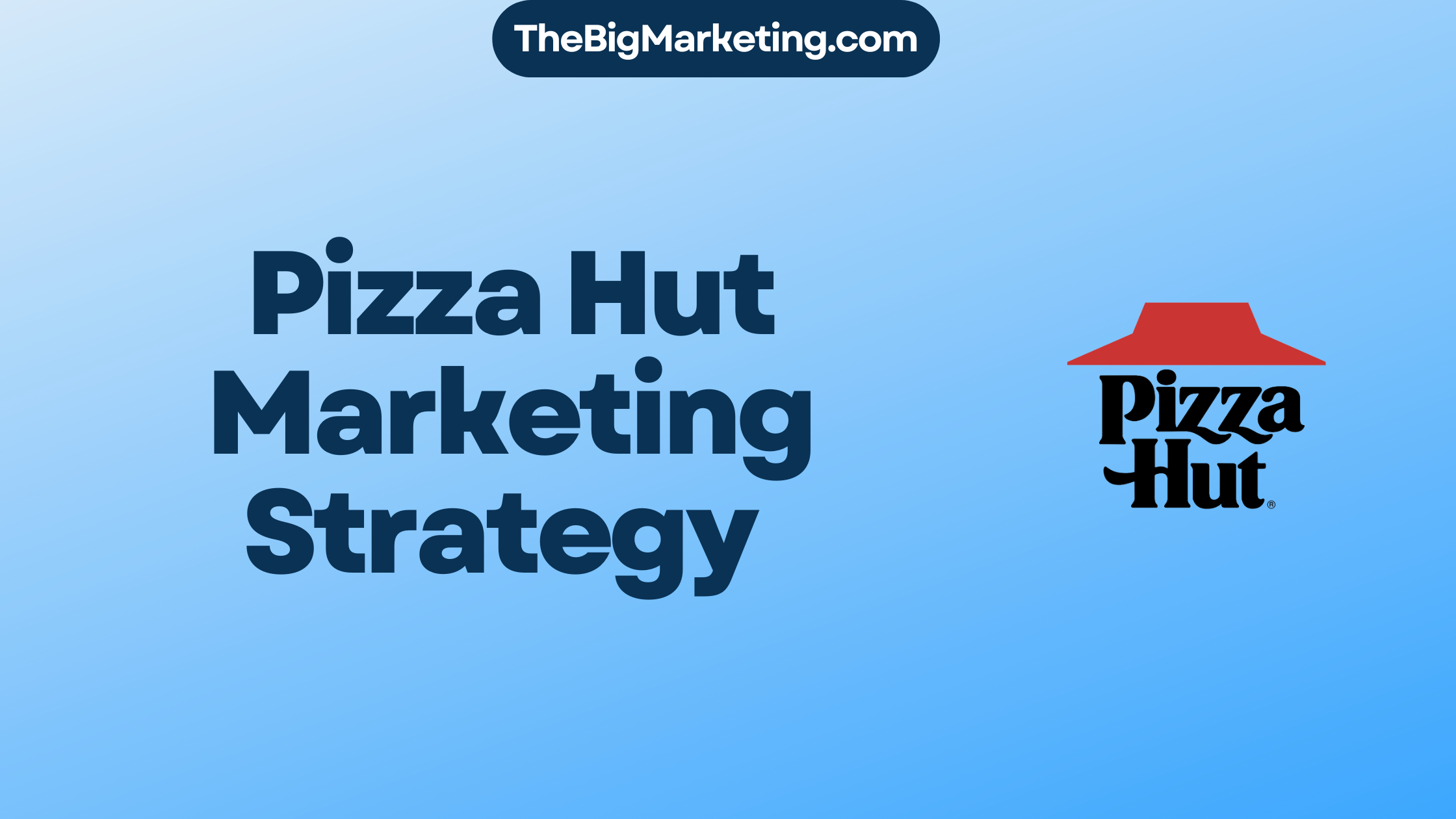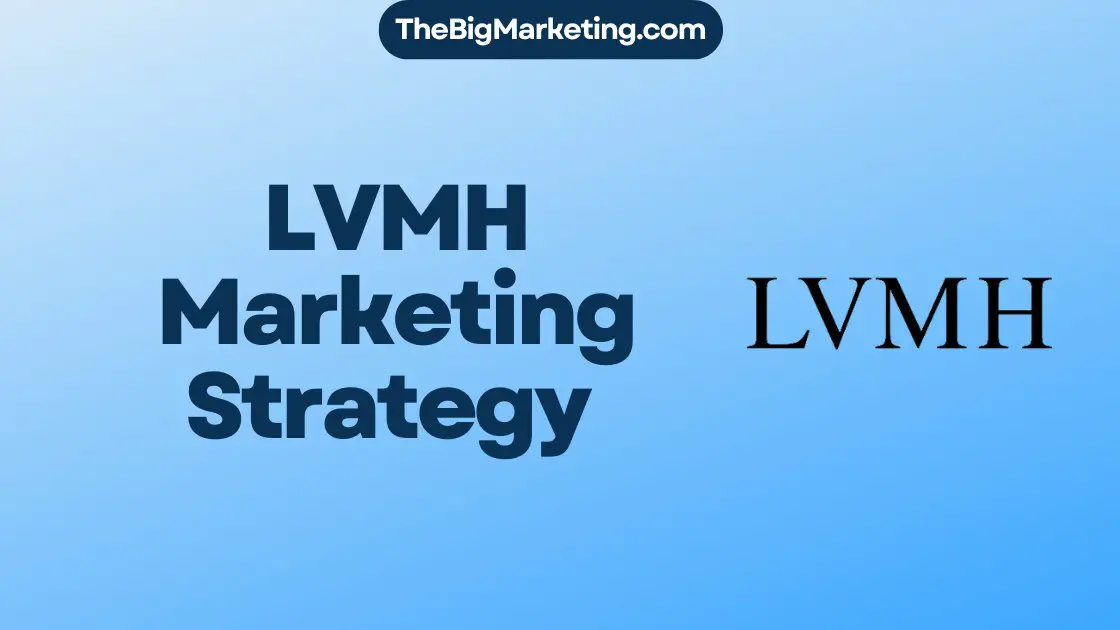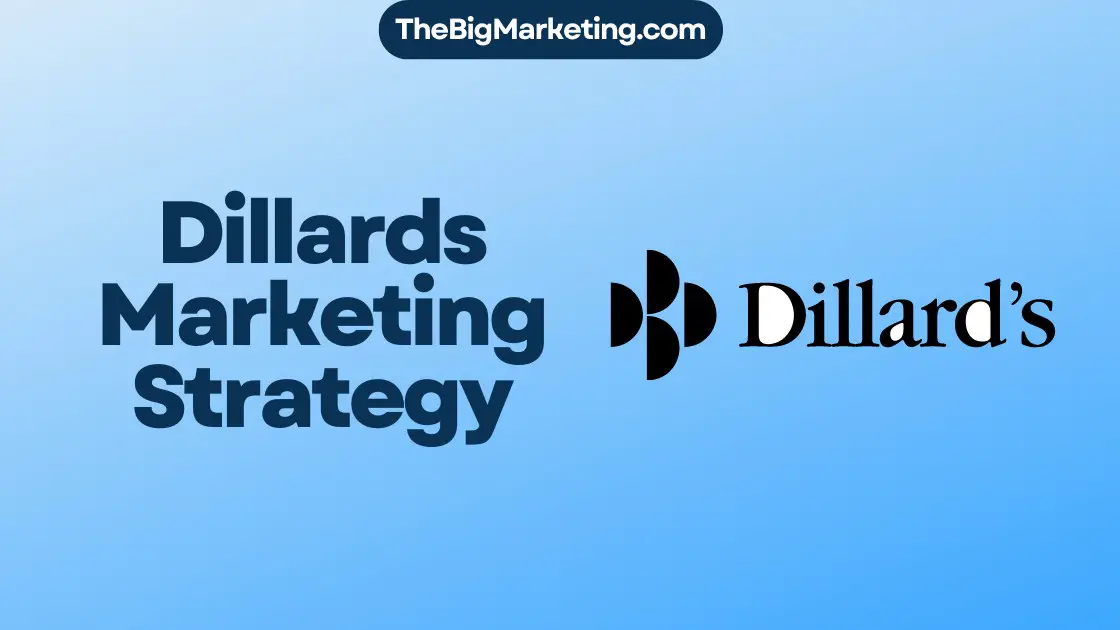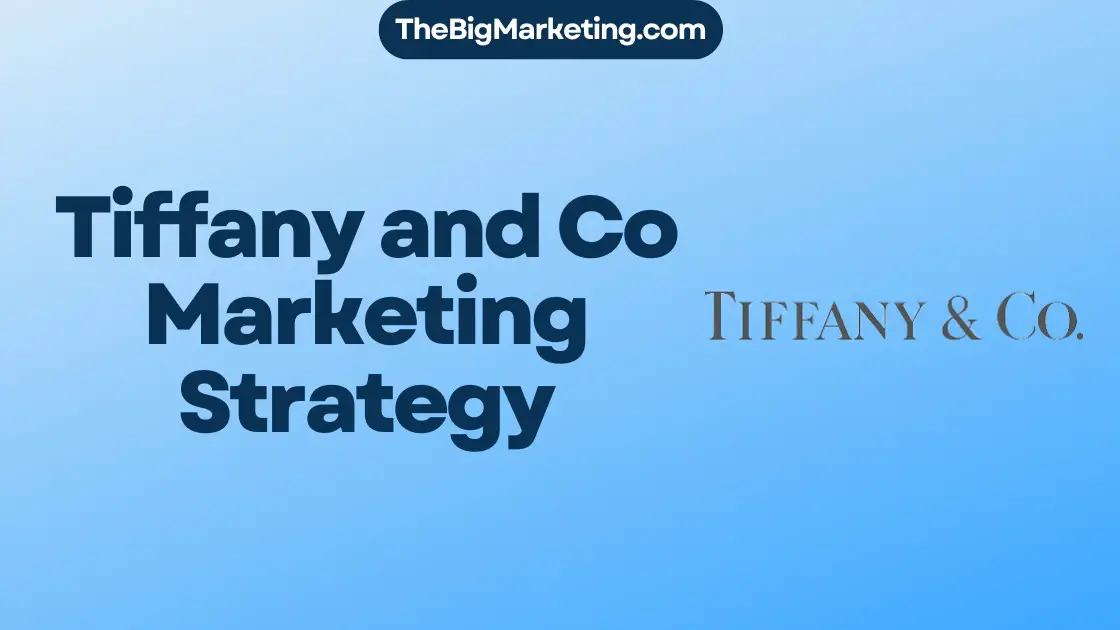In today’s digital age, businesses rely heavily on online marketing strategies to promote their goods and services. Two popular approaches are digital marketing and social media marketing. While they share some similarities, they also have unique characteristics and strategies. This guide will compare and contrast digital marketing and social media marketing, providing you with a comprehensive understanding of each.
Key Takeaways:
- Digital marketing and social media marketing are integral components of an effective online marketing strategy.
- Digital marketing encompasses various techniques such as organic and paid social media marketing, email marketing, content creation, website analytics, and SEO.
- Social media marketing primarily focuses on strategies for platforms like Instagram, Facebook, and others.
- Digital marketing seeks to raise awareness at various touchpoints, while social media marketing connects with the audience through social channels.
- Businesses can benefit from integrating both digital marketing and social media marketing approaches to maximize their marketing efforts and achieve their goals.
What is Digital Marketing?
Digital marketing is an umbrella term that encompasses various online marketing strategies, utilizing digital technology to reach and engage with the target audience. It includes a wide range of techniques such as social media marketing, video marketing, affiliate marketing, pay-per-click advertising, and more.
Through digital marketing, businesses leverage the power of the internet and other digital platforms to promote their products and services, build brand awareness, and drive customer engagement. It allows companies to deliver targeted messages to a specific audience, increasing the chances of conversion and achieving marketing goals.
Digital marketing strategies are designed to leverage the vast reach and accessibility of the online world. By utilizing digital technology and platforms, businesses can connect with their target audience in a more direct and personalized manner, creating meaningful interactions and building long-term relationships.
| Digital Marketing Strategies | Description |
|---|---|
| Social Media Marketing | Utilizing social media platforms to connect and engage with the audience, creating brand awareness and driving traffic. |
| Video Marketing | Creating and sharing videos to deliver marketing messages, entertain, educate, and engage the audience. |
| Affiliate Marketing | Collaborating with affiliates to promote products or services and earn a commission for each conversion. |
| Pay-Per-Click Advertising | Running ads on search engines and websites, paying only when users click on the ads. |
What are Digital Marketing Tools?
Digital marketers utilize a wide range of tools to enhance their strategies and maximize the effectiveness of their digital marketing efforts. These tools enable marketers to save time, refine their marketing strategies, and measure the performance of their campaigns. Let’s explore some of the essential digital marketing tools:
Social Media Marketing Tools
One of the key aspects of digital marketing is social media marketing. To effectively promote products or services on social media platforms such as Instagram and Facebook, marketers employ a variety of tools. These tools help manage social media accounts, schedule posts, analyze engagement metrics, and run social media ad campaigns.
Content Creation Tools
Compelling and relevant content is crucial for digital marketing success. Content creation tools assist marketers in generating engaging blog posts, videos, graphics, and other types of content. These tools often provide templates, design elements, and editing features to streamline the content creation process.
Website Analytics Tools
Monitoring and analyzing website performance is essential for optimizing digital marketing campaigns. Website analytics tools track metrics such as website traffic, visitor behavior, conversion rates, and user demographics. This data helps marketers identify areas for improvement, make data-driven decisions, and enhance the overall user experience.
SEO Tools
Search engine optimization (SEO) is a critical component of digital marketing. SEO tools assist marketers in optimizing their websites for search engines, improving organic rankings, and driving targeted traffic. These tools provide keyword research, on-page optimization, link building, and competitor analysis functionalities to enhance website visibility.
Email Marketing Tools
Email marketing remains a highly effective digital marketing strategy. Email marketing tools enable marketers to create, automate, and track email campaigns. These tools offer features such as contact management, email design templates, personalization, and analytics to help businesses effectively engage and nurture their email subscribers.
Video Hosting Tools
Video marketing has gained significant popularity in recent years. Video hosting tools allow marketers to host, distribute, and analyze videos across various platforms. These tools offer video editing capabilities, analytics, and integration options to optimize video content and measure its impact on the target audience.
Digital marketing tools empower marketers with the necessary resources to implement successful digital marketing strategies. By leveraging these tools, businesses can enhance their online presence, engage their target audience, and drive tangible results.
| Tool Category | Example Tools |
|---|---|
| Social Media Marketing | Hootsuite, Buffer, Sprout Social |
| Content Creation | Canva, Adobe Creative Cloud, Grammarly |
| Website Analytics | Google Analytics, Adobe Analytics, Moz |
| SEO | Ahrefs, SEMrush, Moz |
| Email Marketing | Mailchimp, HubSpot, Constant Contact |
| Video Hosting | YouTube, Vimeo, Wistia |
What is Social Media Marketing?
Social media marketing plays a crucial role in the world of online marketing by utilizing various social media platforms to create and maintain a strong online presence. Platforms like Instagram, Facebook, Twitter, and LinkedIn offer businesses a unique opportunity to connect with their target audience and engage in meaningful interactions.
Social media marketing involves creating and sharing content specifically tailored for different social platforms. This content can include text, images, videos, and infographics that capture the attention of users scrolling through their feeds. By consistently posting quality content, businesses can establish brand visibility and loyalty among their followers.
Interacting with current and potential customers is a fundamental aspect of social media marketing. This interaction can take the form of responding to comments, messages, and mentions, as well as initiating conversations with followers. Actively engaging with the audience helps to build relationships, enhance customer satisfaction, and generate valuable feedback for improving products or services.
Developing a comprehensive social media management strategy is essential for successful social media marketing. This strategy should outline the goals and objectives of the campaign, the target audience, the platforms to be utilized, the content creation process, and the methods for monitoring and measuring the effectiveness of the campaign.
One of the key elements of social media marketing is data and analytics. By leveraging insights from social media analytics, businesses can gain a deeper understanding of their audience’s behavior, preferences, and demographics. This data-driven approach allows marketers to optimize their strategies, identify trends, and make informed decisions to drive further engagement and conversions.
To visually summarize the importance of social media marketing, we present the following table:
| Advantages of Social Media Marketing | Challenges of Social Media Marketing |
|---|---|
| 1. Increased brand awareness | 1. Negative feedback can be publicly visible |
| 2. Improved customer engagement and interaction | 2. Constant need for content creation |
| 3. Targeted advertising options | 3. High competition for user attention |
| 4. Cost-effective compared to traditional advertising | 4. Time-consuming to manage multiple social platforms |
| 5. Access to valuable data and analytics |
Advantages of Social Media Marketing
Social media marketing offers several advantages for businesses. It is a cost-effective strategy that enables small businesses to reach a larger audience without spending excessive amounts of money. By utilizing social media platforms like Instagram and Facebook, businesses can increase their brand awareness and connect with their target audience effectively.
One of the key benefits of social media marketing is its ability to engage customers. Through interactive posts, comments, and direct messaging, businesses can establish meaningful connections with their audience, fostering trust and loyalty. This engagement contributes to customer satisfaction and retention, ultimately leading to increased sales and brand loyalty.
Furthermore, social media marketing allows for targeted advertising, enabling businesses to tailor their messages based on demographics, interests, and behaviors.
This targeted approach ensures that businesses are reaching the right people with their advertisements, optimizing campaign ROI and overall marketing effectiveness.
However, it is important to note that social media marketing can be time-consuming and requires consistent effort. Additionally, negative feedback or criticism can be publicly expressed on social media platforms, requiring prompt and appropriate responses from businesses.
What is Digital Marketing?
Digital marketing encompasses various online and offline marketing strategies. It leverages digital channels to reach and engage target audiences effectively. With the rise of the internet and advanced technologies, digital marketing has become an essential component of any successful marketing strategy.
Online marketing, also known as digital marketing, involves using digital channels such as search engine optimization (SEO), search engine marketing (SEM), e-commerce platforms, social media platforms, and email marketing to promote products, services, and brands. These digital channels provide businesses with extensive reach and advanced targeting options to connect with specific demographics, behaviors, and interests.
Digital marketing offers businesses measurable results, allowing them to track the effectiveness of their campaigns and tailor their approach more efficiently. With digital marketing, businesses have the flexibility to customize their marketing strategies based on specific needs and goals. Whether it’s increasing brand awareness, driving website traffic, or generating leads and conversions, digital marketing provides the tools and techniques to achieve success.
Utilizing various digital channels, businesses can establish a strong online presence, engage with their target audience, and drive results. From search engine optimization to social media advertising, digital marketing offers a wide range of tactics and approaches to suit different marketing goals and budgets.
Advantages of Digital Marketing
Digital marketing offers numerous advantages for businesses seeking to promote their products and services effectively. With its cost-effective nature, advanced targeting options, measurable results, and flexibility, digital marketing has become a crucial component of modern marketing strategies.
Cost-Effective
Digital marketing provides cost-effective ways for businesses to reach a larger audience compared to traditional marketing methods. By leveraging online platforms and channels, businesses can optimize their marketing budgets and maximize their return on investment.
Advanced Targeting Options
Digital marketing offers advanced targeting options, allowing businesses to tailor their advertising campaigns to specific demographics, interests, and behaviors. By targeting the right audience, businesses can increase the efficiency and effectiveness of their marketing efforts, ensuring that their message reaches the most relevant potential customers.
Measurable Results
One of the key advantages of digital marketing is the ability to measure its results accurately. Through various analytics tools and platforms, businesses can track and monitor the performance of their campaigns, including metrics such as website traffic, conversions, and customer engagement. This data-driven approach enables businesses to make informed decisions and optimize their marketing strategies for better outcomes.
Flexibility
Digital marketing offers unparalleled flexibility in terms of choosing marketing channels, tactics, and strategies. Businesses can experiment with different approaches and adjust their campaigns based on real-time feedback and data analysis. This flexibility allows businesses to adapt quickly to market changes, target audience preferences, and evolving trends.
| Advantages of Digital Marketing |
|---|
| Cost-Effective |
| Advanced Targeting Options |
| Measurable Results |
| Flexibility |

Differences Between Social Media Marketing and Digital Marketing
While both social media marketing and digital marketing involve online marketing, they have distinct differences. Social media marketing focuses on creating a limited reach through various social media platforms such as Instagram and Facebook. It relies heavily on content strategy to engage with the audience and build brand awareness on these platforms.
Digital marketing, on the other hand, aims for a wider reach using various digital channels. It encompasses a broader range of online marketing strategies and tactics beyond social media platforms. Digital marketing focuses on commercial objectives such as boosting sales and increasing brand exposure.
Key Differences
Here are the key differences between social media marketing and digital marketing:
| Social Media Marketing | Digital Marketing |
|---|---|
| Targets a limited audience on social media platforms | Targets a wider audience using various digital channels |
| Relies heavily on content strategy for engagement | Utilizes multiple digital channels and tactics for engagement |
| Focuses on building brand awareness on specific social platforms | Aims to increase brand exposure across multiple digital platforms |
| May have limited commercial objectives | Has broader commercial objectives like boosting sales and conversions |
What Does a Typical Digital Marketing Campaign Include?
In today’s competitive business landscape, a well-executed digital marketing campaign is essential for success. A typical digital marketing campaign incorporates a combination of strategies and tactics to effectively reach the target audience, increase brand awareness, and drive conversions. Let’s explore the key components that are commonly included in a digital marketing campaign:
1. Search Engine Marketing (SEM)
Search Engine Marketing, often referred to as SEM, encompasses both paid search advertising and search engine optimization (SEO). Paid search advertising involves bidding for relevant keywords on search engine platforms like Google Ads to display targeted advertisements. On the other hand, SEO focuses on optimizing website content, structure, and external factors to improve organic search engine rankings. SEM is crucial for driving targeted traffic to the website and increasing visibility on search engine result pages.
2. Social Media Promotions
Social media platforms have become an integral part of our daily lives, making it an excellent channel for businesses to connect with their target audience. Social media promotions involve creating compelling content, engaging with followers, and leveraging various paid advertising options offered by platforms like Facebook, Instagram, Twitter, LinkedIn, and YouTube. Social media promotions help businesses build brand loyalty, drive website traffic, and foster customer engagement.
3. Mobile Marketing Promotions
In today’s mobile-first world, mobile marketing has gained significant importance. Mobile marketing promotions involve optimizing content and advertisements for mobile devices and targeting users across various mobile channels such as mobile apps, SMS marketing, and mobile websites. With the ever-increasing number of mobile users, leveraging mobile marketing can help businesses reach and engage with a wider audience on the go.
4. Email Marketing
Email marketing remains one of the most effective and cost-efficient ways to engage with customers and nurture leads. A successful email marketing campaign includes building an email list, segmenting subscribers based on their interests and behaviors, crafting personalized and targeted emails, and analyzing performance metrics to improve campaign effectiveness. Email marketing helps businesses enhance customer relationships, drive repeat purchases, and increase brand loyalty.
By incorporating these key components into a digital marketing campaign, businesses can create a comprehensive and impactful strategy to achieve their marketing objectives. Let’s take a closer look at the benefits of each component and their role in driving success.
Conclusion
In today’s digital landscape, businesses have a wide array of marketing strategies at their disposal, with digital marketing and social media marketing being two key players. While social media marketing is an effective tool for customer engagement, it is important to recognize that it is just one piece of the larger digital marketing puzzle.
Digital marketing, on the other hand, encompasses a comprehensive range of channels and strategies that go beyond social media. It includes search engine marketing, email marketing, content creation, website analytics, and more. By integrating both social media marketing and other digital marketing elements, businesses can maximize their marketing efforts and reach a wider audience.
One of the primary objectives of digital marketing is to build brand awareness, which is crucial for businesses looking to stand out in a crowded marketplace. By implementing a well-defined marketing strategy, businesses can effectively connect with their target audience, drive revenue, and achieve their marketing goals.
Ultimately, the decision to prioritize social media marketing or digital marketing will depend on the specific goals and target audience of the business. Both strategies have their advantages and play integral roles in a comprehensive marketing plan. By understanding the strengths and limitations of each approach, businesses can develop a customized marketing strategy that optimizes their brand awareness and achieves long-term success.
FAQ
What is Digital Marketing?
Digital marketing is an umbrella term for any online marketing strategy that relies on digital technology. It includes social media marketing, video marketing, affiliate marketing, pay-per-click advertising, and more. Digital marketing leverages the internet and other digital platforms to reach and engage with the target audience.
What are Digital Marketing Tools?
Digital marketers use a variety of tools to enhance their strategies. These tools include organic and paid social media marketing, email marketing, content creation tools, video hosting tools, website analytics, and SEO tools. These tools help save time, fine-tune marketing strategies, and measure the effectiveness of digital marketing efforts.
What is Social Media Marketing?
Social media marketing involves using social media platforms like Instagram, Facebook, and others to create and maintain a strong online presence. It includes creating content for different social platforms, interacting with current and potential customers, and developing a social media management strategy. Successful social media marketing requires a well-thought-out strategy, consistency in posting content, engagement with the audience, and utilizing data and analytics.
What are the advantages of Social Media Marketing?
Social media marketing offers several advantages for businesses. It is cost-effective, allowing small businesses to reach a larger audience without breaking the bank. It increases brand awareness, engages customers, and allows for targeted advertising based on demographics, interests, and behaviors. However, it can be time-consuming and may receive negative feedback publicly.
What is Digital Marketing?
Digital marketing encompasses various online and offline marketing strategies. It uses digital channels like SEO, SEM, E-commerce, and email marketing. It offers advanced targeting options to reach specific demographics, behaviors, and interests. Digital marketing provides measurable results and flexibility in tailoring the approach to specific needs and goals.
What are the advantages of Digital Marketing?
Digital marketing offers cost-effective ways for businesses to reach a larger audience, advanced targeting options for specific demographics, and measurable results to track the effectiveness of campaigns. It provides flexibility in choosing channels and tailoring the approach to specific needs and goals. However, it may lack the personalization of traditional marketing methods and can be overwhelming with the variety of channels and tactics.
What are the differences between Social Media Marketing and Digital Marketing?
While both social media marketing and digital marketing involve online marketing, they have distinct differences. Social media marketing focuses on creating a limited reach through social media platforms and relies heavily on content strategy. Digital marketing aims for a wide reach using various digital channels and focuses on commercial objectives like boosting sales and brand exposure.
What does a typical Digital Marketing campaign include?
A typical digital marketing campaign includes various components such as search engine marketing (paid search advertising or SEO), social media promotions, mobile market promotions, and email marketing. These components work together to promote products or services, increase brand awareness, and drive traffic.
Should businesses integrate both Social Media Marketing and Digital Marketing?
While social media marketing is a powerful tool for customer engagement, it is just one component of a broader digital marketing strategy. Digital marketing encompasses a range of channels and strategies to reach and engage customers, build brand awareness, and drive revenue. Businesses should consider integrating both social media marketing and other digital marketing elements to maximize their marketing efforts. It is also crucial to understand the goals and target audience to determine the most suitable marketing strategy.







